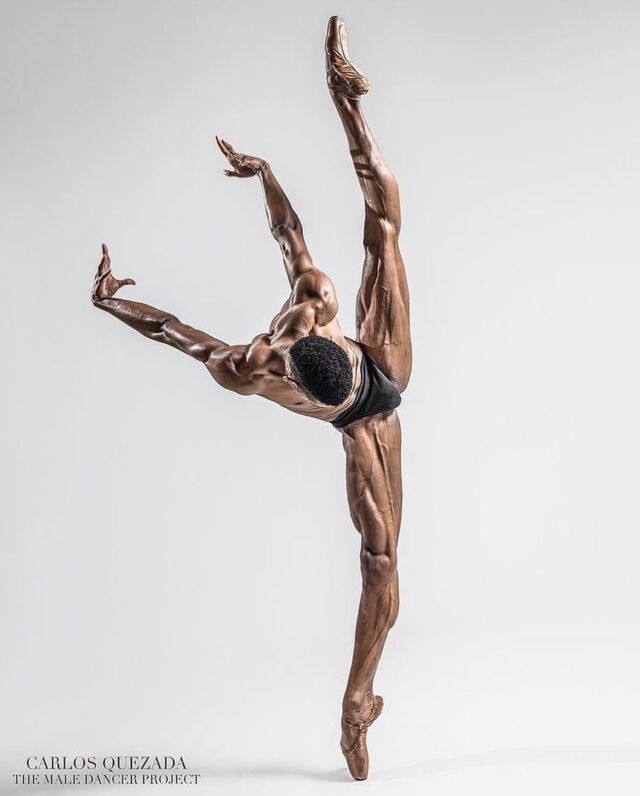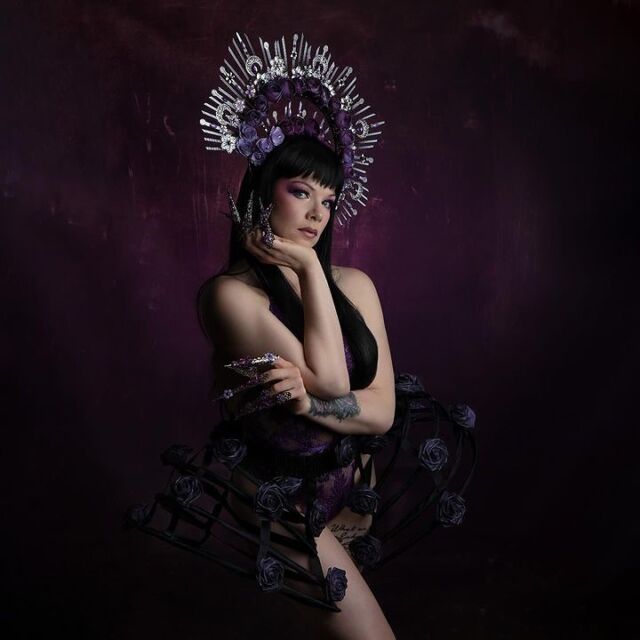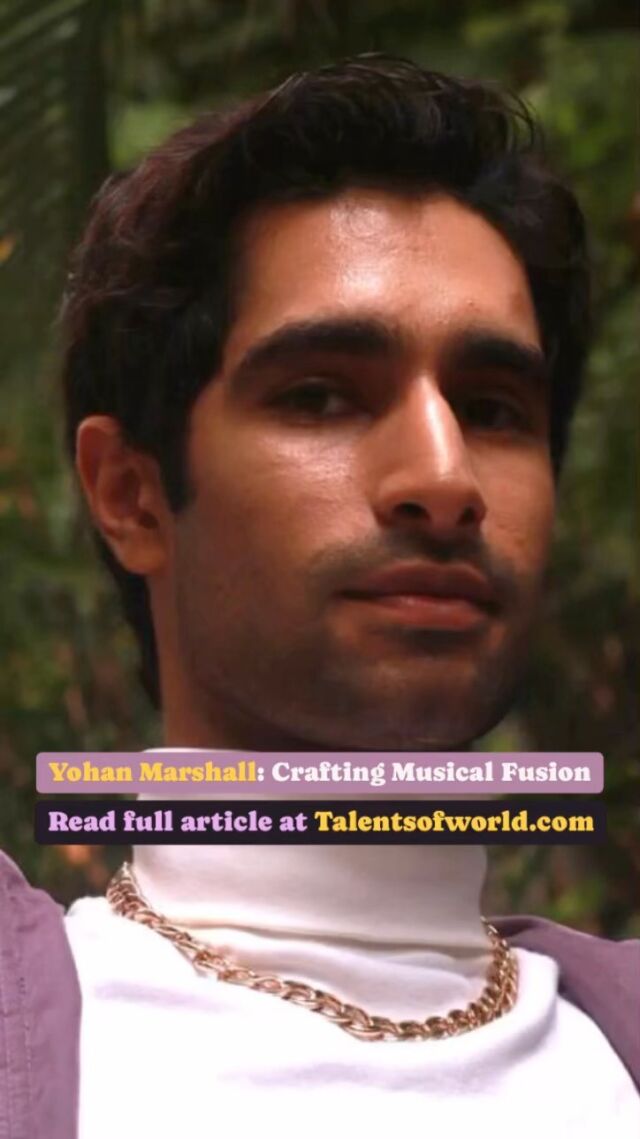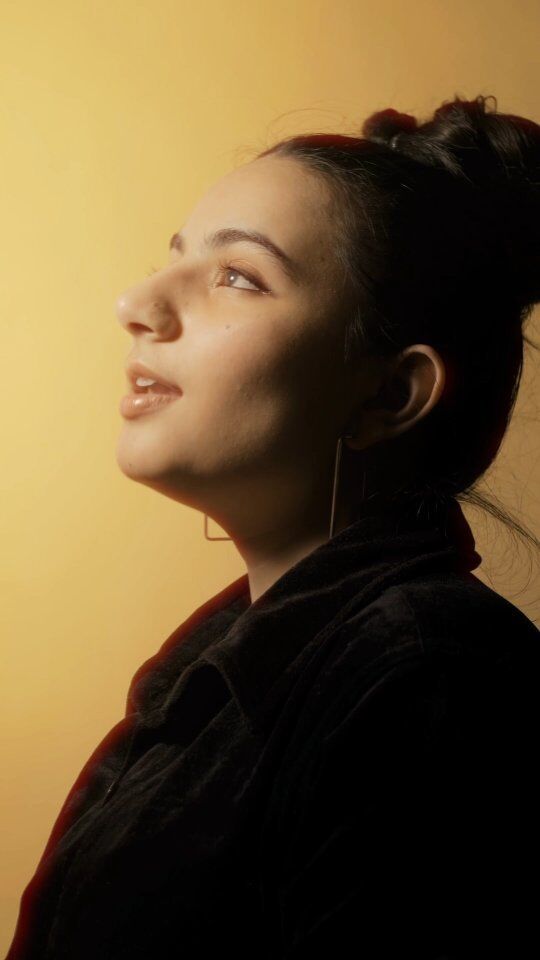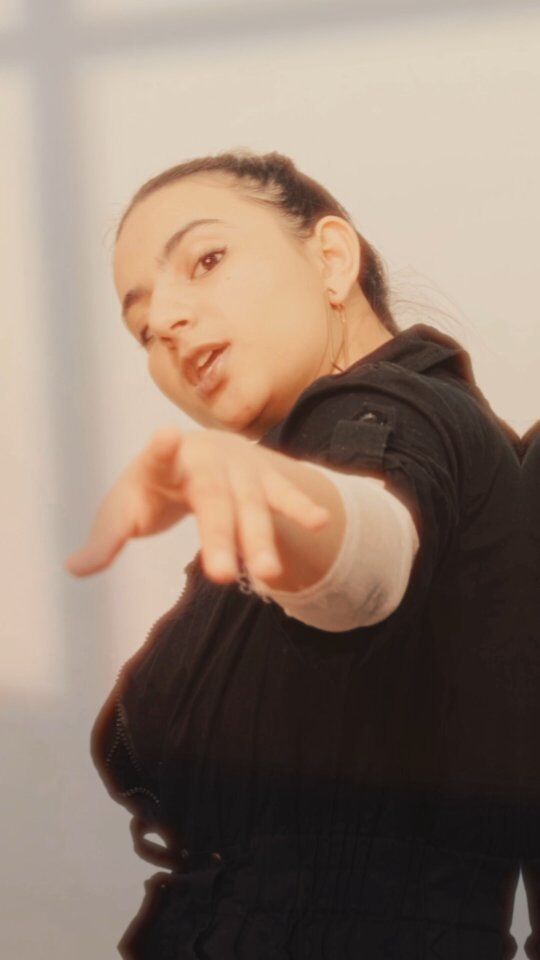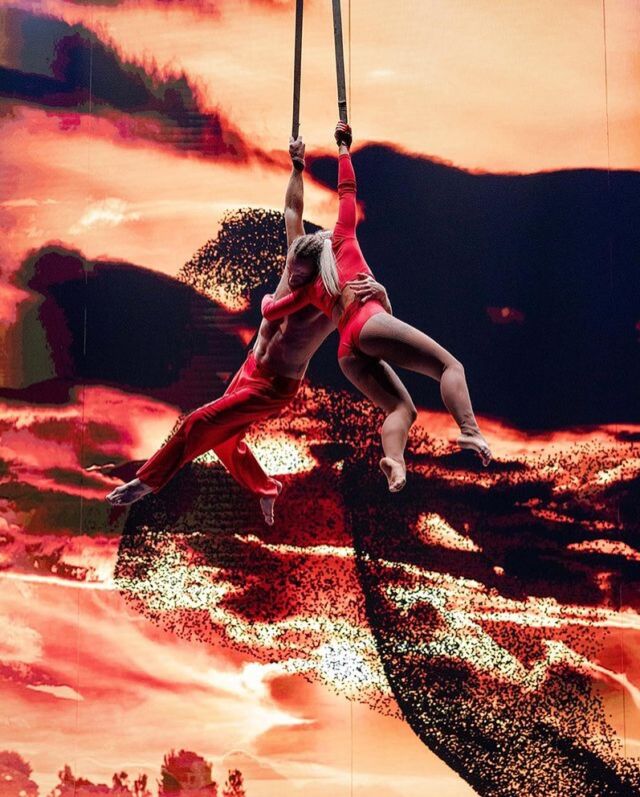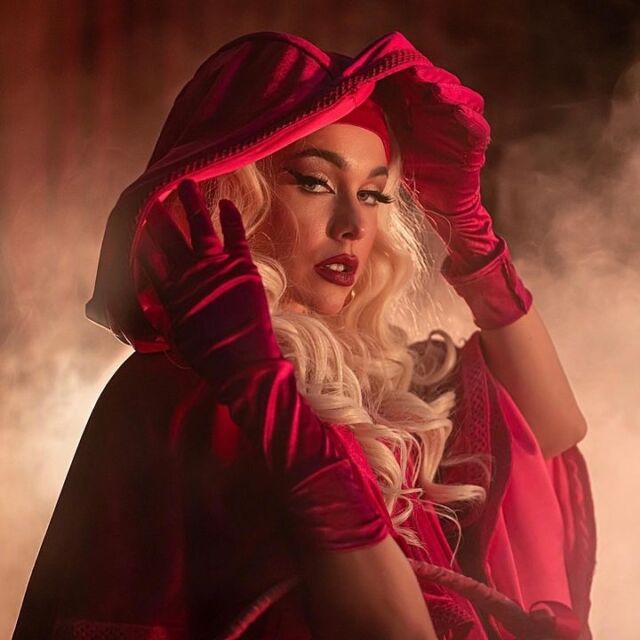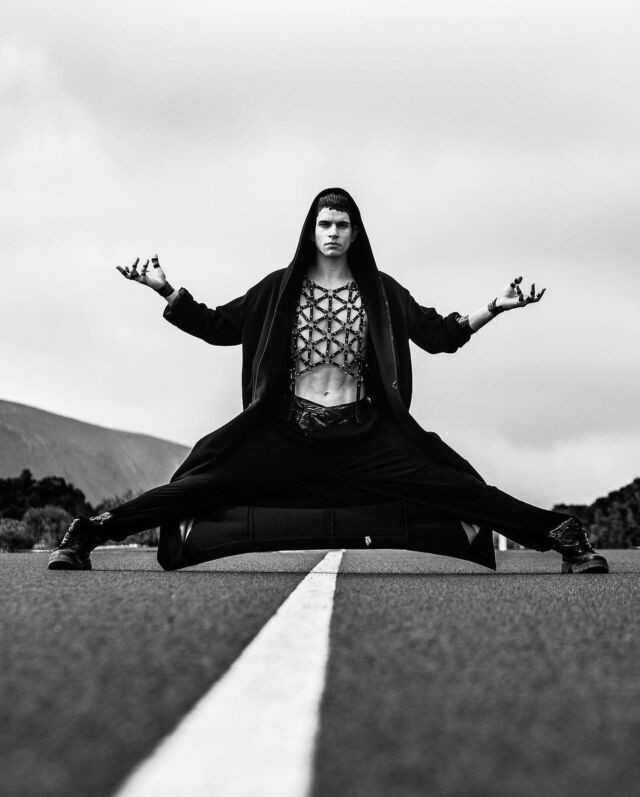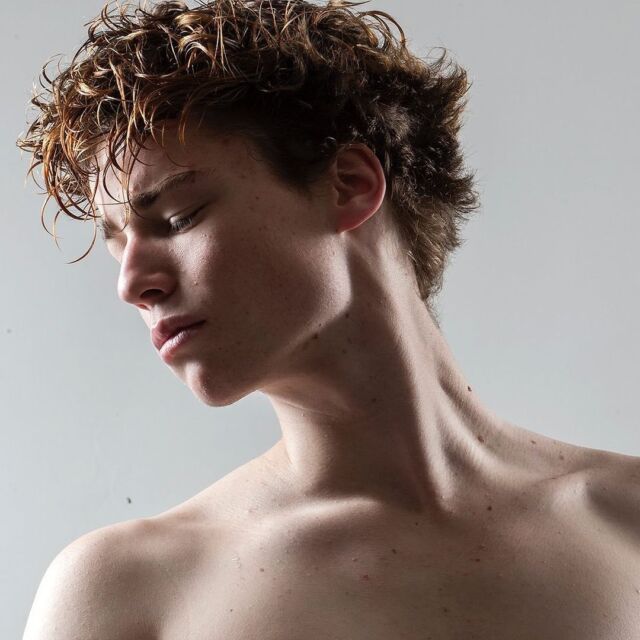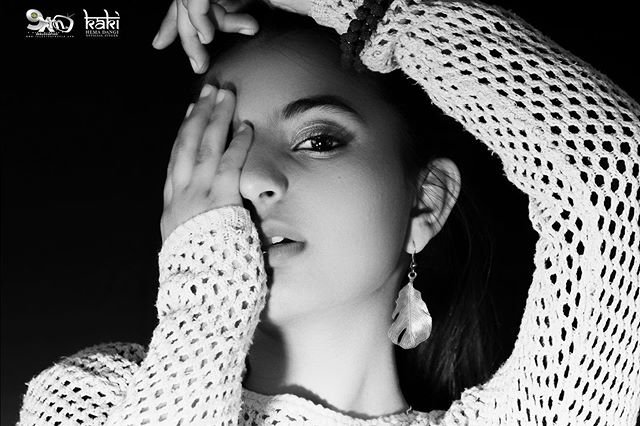At 28, Jan Lisiecki can certainly be called a young musician. But of the pianists making recital debuts at Carnegie Hall recently, he’s something of an elder statesman.
Last month, Yunchan Lim, then still in his teens, confidently pressed through the challenges of Chopin’s études. And on Tuesday, Alexander Malofeev, 22, was an unruffled guide through the richness of Russian late Romanticism and its afterglow.
Both Lim and Malofeev were appearing at Carnegie for the first time, but Lisiecki has been an occasional presence with orchestras there since 2016. While the main hall’s scale can be daunting for a solo recitalist, with almost 3,000 people watching, on March 13 he seemed calmly at home from the start.
The second half of Lisiecki’s program was given over to Chopin’s 24 Preludes (Op. 28), while before intermission came an assortment of other short pieces in that genre: a kind of prelude made of preludes. This was a canny mixture of chestnuts and rarities. Lisiecki combined the easily recognizable likes of Bach’s Prelude in C (the opening of “The Well-Tempered Clavier”) and Rachmaninoff’s in C sharp minor (Op. 3, No. 2) with much less common selections from sets of preludes by Szymanowski, Messiaen and Gorecki.
Lisiecki plays with gentle judiciousness, aristocratic reserve and a touch that tends shadowy without losing a core of clarity. He clearly relishes soft playing, with sensitive effects of distant bells and moonlit drizzles in Messiaen’s “La Colombe” and “Le Nombre Léger,” and a murmured sotto voce in Chopin’s Op. 28, No. 15.
His recordings of Chopin’s études and nocturnes offer lovely, generally introverted, smoothed, even sleepy takes on those works. But in an interview when the nocturnes were released, Lisiecki said that the album’s slow tempos wouldn’t work in concert.
And in person, he came across as a livelier musician than he does on record, gunning the vivace that Chopin indicates for the third Op. 28 Prelude into something closer to vivacissimo, and gamely rising to the pounding storms of Gorecki and Rachmaninoff.
But it is in poetic wistfulness that Lisiecki shines. The highlight of the program was Chopin’s Prelude in C sharp minor (Op. 45), written a few years after the Op. 28 set and here refined and eloquent, with Lisiecki’s rubato giving the pulse an understated ebb and flow, for a portrait of quiet, lonely searching.
Unlike Lisiecki and Lim, Malofeev played in Carnegie’s smaller Zankel Hall. This was a smart way to introduce him to a New York audience, especially since he doesn’t yet have the backing of a major record label. (Lim is a Decca artist, and Lisiecki is signed to Deutsche Grammophon.)
Born in Moscow and based in Berlin, Malofeev came to prominence for not performing. Just after the Russian invasion of Ukraine two years ago, a presenter in Vancouver canceled his appearance, and the Montreal Symphony Orchestra followed suit, even after Malofeev — who lacked any ties to the conflict to begin with — had released a statement calling the invasion a “terrible and bloody decision.”
His career doesn’t seem to have been derailed by the episode — happily, since he is an admirable artist. Like Lisiecki, he offered a mix of the familiar and not. Alongside Rachmaninoff favorites in the second half of his concert, he included a work that had never been played at Carnegie: Scriabin’s Two Impromptus (Op. 12).
The opening of a cycle called “Forgotten Melodies,” Medtner’s “Sonata-Reminiscenza” in A minor was a treat, a fantasia on nostalgia in which a memory of childlike songfulness is passed through 14 minutes of varied colors and textures. In other hands, the piece might have expanded to more grandeur, but Malofeev kept it beautifully intimate.
The textures were more roiled than rich in the first piece on the program, Samuil Feinberg’s transcription of Bach’s Organ Concerto in A minor (BWV 593). But Malofeev’s Scriabin — those impromptus, as well as the Prelude and Nocturne for the Left Hand (Op. 9) — was relaxed and suave.
He excels in Rachmaninoff, with considerable power yet a light, even witty touch. The Sonata No. 2 in B flat minor (in its revised, condensed version) was flexible but didn’t lose a sense of structure and intention. The faintest pinprick of a high note near the end of the first movement; the subtle gracefulness of a late melody in the second; the balance of sternness and glitter in the finale — all was impressively assured.
He and Lisiecki both played Rachmaninoff’s Op. 3, No. 2 prelude, but were intriguingly distinct in it. Lisiecki made the piece gravely granitic, while Malofeev rendered it more offhand and dreamlike.
In a good way, though, these two pianists are more alike than different, both with a style that’s fundamentally calm and modest, never showy even at their most virtuosic.
Source link





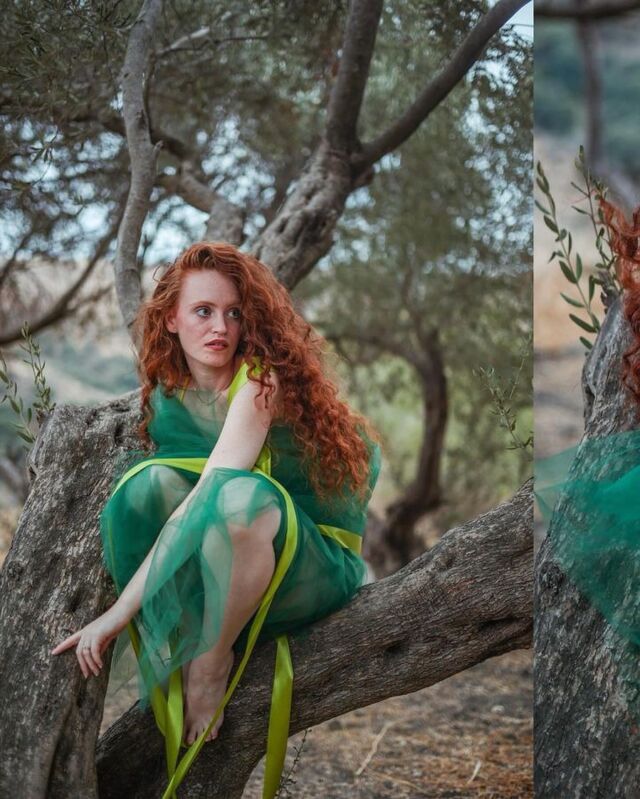
![Growing up learning Indian Classical Music, I’ve developed a deep appreciation for diverse musical genres, and techno is definitely one that has captured my interest. Got inspired to write this track by blending the beautiful melodies of Hindustani classical, particularly Raag Bhairav, with the beats of techno. Excited to share this fusion with you all!
Music by @miladzki
Check it out and vibe with me! 🎶✨
[ techno, newmusic, fusion, indianclassicalmusic, techno, music, kakisinger ]](https://talentsofworld.com/wp-content/uploads/wp-social-ninja/instagram/9xm.tv/18327743320185528_full.jpg)
![Listen to this Version of Dil Kho Gaya
Original Song From the Movie Dil.
Anand-Milind, Udit Narayan, Anuradha Paudwal sung this song
Music by Anand-Milind
Hope you guys like this Rendition of the Classic Song by Kaki Singer.
Like, Share & Comment.
[ Dil, Dil kho Gaya, old songs, Classic Bollywood, old song covers, retro songs, indian old songs, old hindi songs, melodies, kaki singer, Indian singers ]](https://talentsofworld.com/wp-content/uploads/wp-social-ninja/instagram/9xm.tv/17999564600299237_full.jpg)
